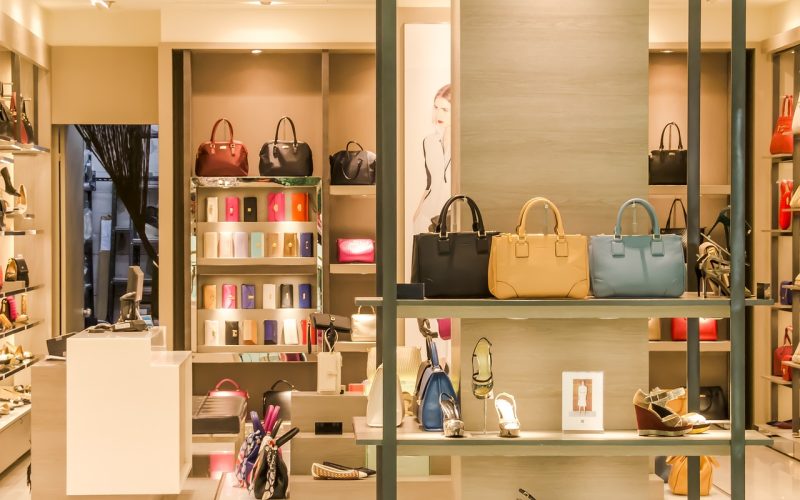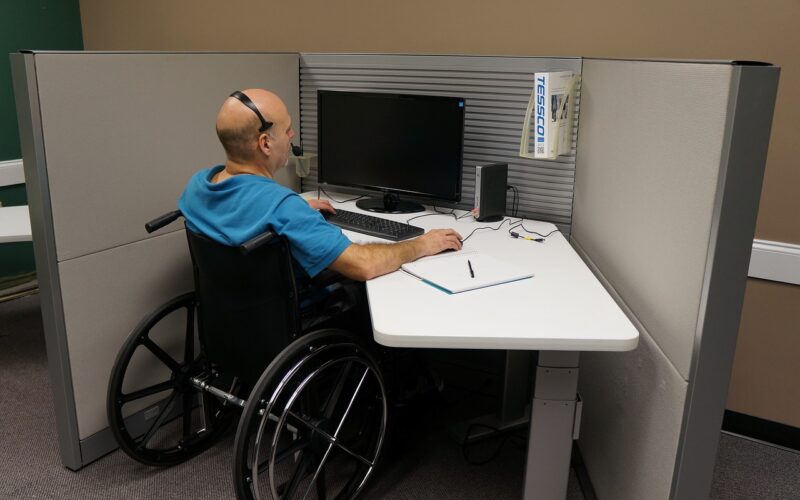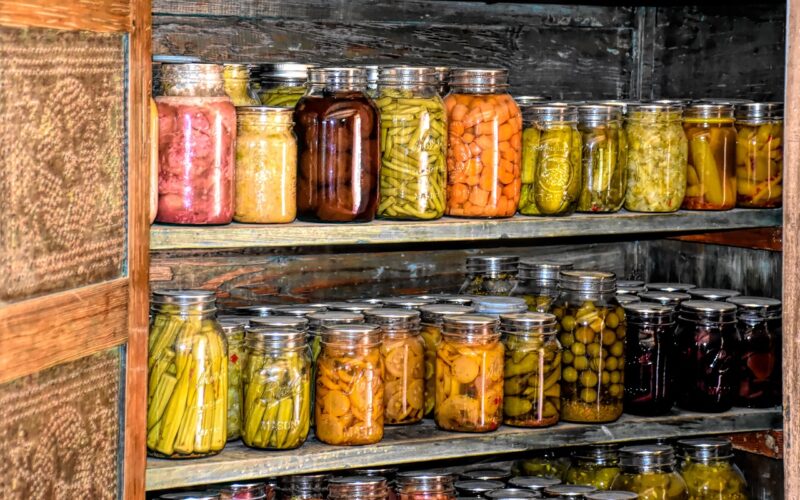Safety protocols are crucial for ensuring the well-being of both staff and customers in retail shops. A comprehensive approach to safety not only protects individuals but also helps businesses maintain smooth operations, minimise risks, and uphold their reputation.
By implementing effective safety measures, retail outlets can create a secure and comfortable shopping environment while demonstrating their commitment to health and safety.
First aid measures
One of the fundamental aspects of retail safety involves equipping the premises with first aid measures. Employers should provide fully stocked first aid kits at easily accessible points in the store, ensuring they are regularly checked and replenished.
Training employees in basic first aid and CPR is also highly recommended, as this can save valuable time in emergencies. Additionally, having a clear procedure in place for reporting and managing accidents ensures a quick response to incidents and reduces the risk of further injuries.
Smoke alarms
Fire safety is another essential component of retail store protocols. Fire extinguishers, fire blankets, and smoke alarms should be installed in compliance with local regulations.
Staff must be trained in fire evacuation procedures, and regular fire drills should be conducted to ensure everyone knows their role in the event of an emergency. Fire exits should be clearly marked, unobstructed, and equipped with emergency lighting to support swift evacuation if needed.
Tripping hazards
Daily safety protocols also include monitoring requirements to ensure a hazard-free environment. This involves regular inspections of shelving, equipment, and walkways to avoid potential risks like falling items or tripping hazards. Surveillance cameras can be used to monitor activities in the shop, deterring theft and ensuring customer safety.
Staff should also be encouraged to report any suspicious behaviour or hazards, fostering a culture of proactive safety awareness.
Cleaning of surfaces
Hygiene and cleaning protocols are vital in managing the overall safety and health of a retail space. Regular cleaning of surfaces, especially high-touch areas such as door handles, checkout counters, and shopping carts, prevents the spread of germs. Special attention should also be given to floors. Carpets in particular can accumulate dust, debris, and allergens, presenting a potential health concern if not properly maintained.
Routine carpet cleaning not only enhances the store's cleanliness but also makes the environment more inviting for customers. Employing professional carpet cleaners ensures a thorough job, while maintaining a regular cleaning schedule helps to prolong the life of the carpets.
Wet and soiled floors
For smaller spills or stains, in-house staff should be equipped with high-quality carpet cleaners designed for quick and effective results. This not only keeps the store presentable but also prevents slips or accidents caused by wet or soiled floors.
Ensuring carpets are both clean and dry is a simple yet essential step in maintaining safety and hygiene standards in retail spaces.
Safety protocols must evolve
Beyond specific protocols, ongoing training and communication are central to the success of any safety programme. Staff should receive periodic training sessions to ensure they are updated on the latest safety guidelines and procedures.
Management should also encourage open lines of communication, enabling employees to voice concerns and suggest improvements. Safety protocols must evolve with changing circumstances, incorporating feedback from both staff and customers to further enhance security measures.
Mitigate risks
By addressing safety comprehensively, retail shops can protect their staff and customers while demonstrating a high standard of operational responsibility. Measures such as first aid readiness, fire safety compliance, consistent monitoring, and thorough cleaning—including professional carpet cleaning—help create a safe and comfortable space.
Ultimately, investing in these protocols not only mitigates risks but also fosters trust and loyalty among customers, driving long-term business success.











